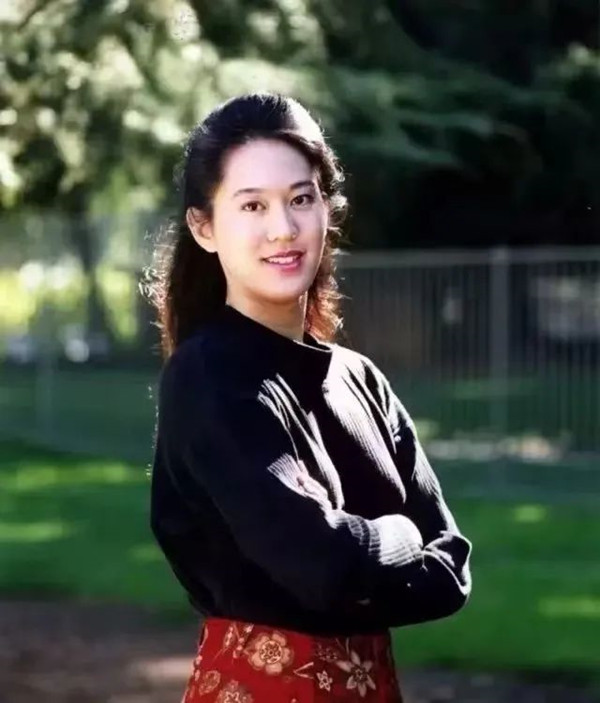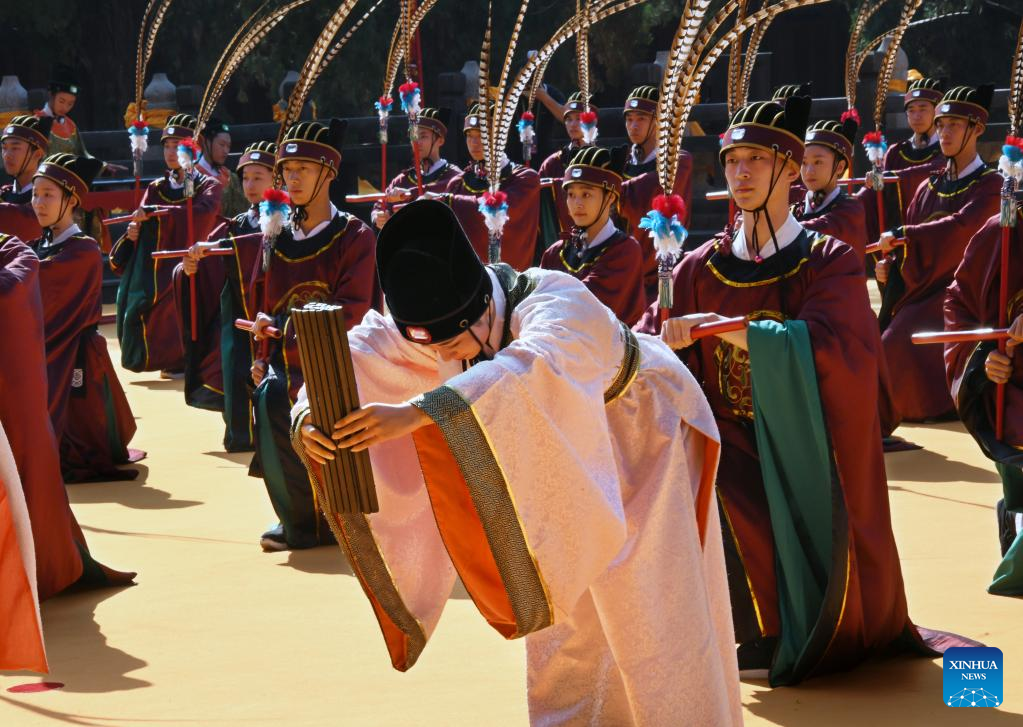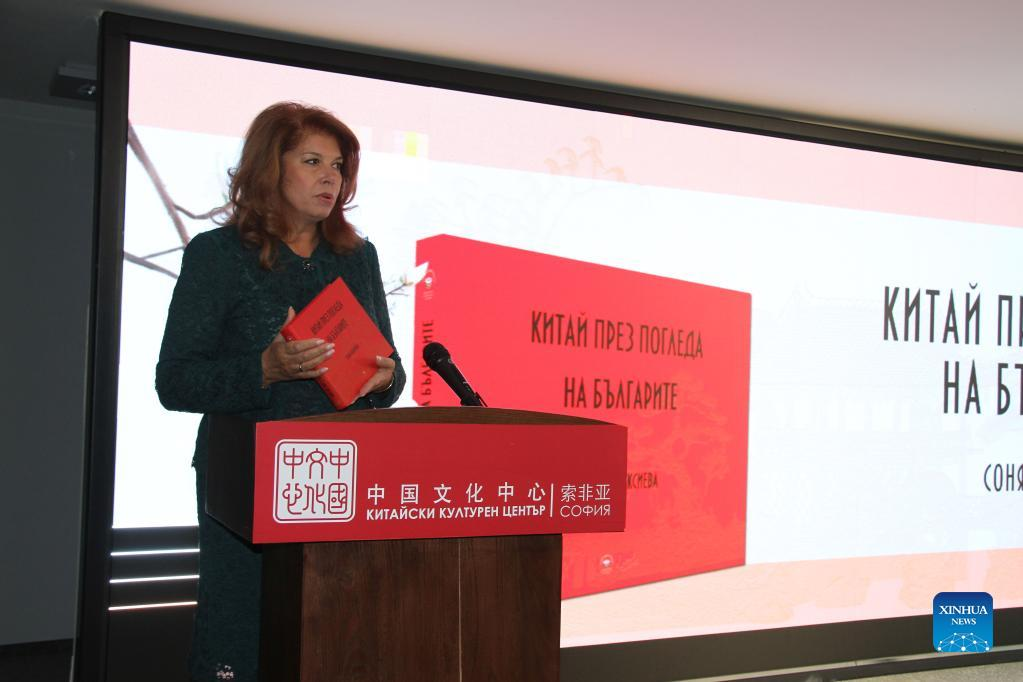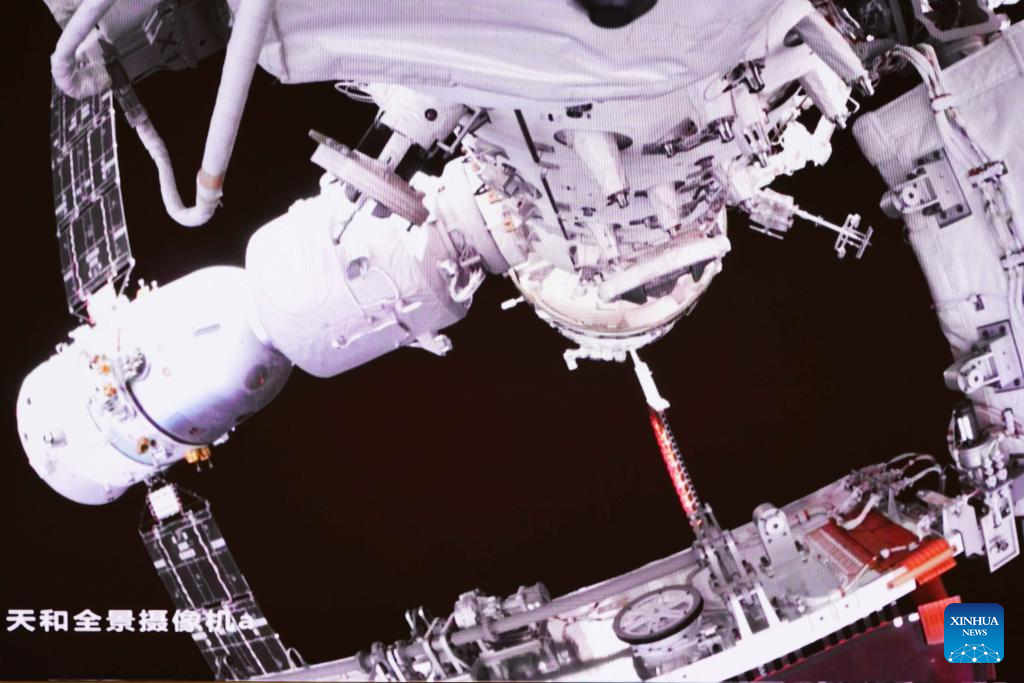This year marks the 85th anniversary of the Nanjing Massacre. On August 20, a reading room called "The Power of One" was set up in the WWII Pacific War Memorial Hall in San Francisco in honor of acclaimed Chinese-American author Iris Chang.
In 1997, Chang published her book, the Rape of Nanking: The Forgotten Holocaust of World War II, which broke 60 years of silence on the subject in Western society.
Chang was born in Princeton, New Jersey on March 28, 1968. From her parents, Chang learned the story of how her maternal grandparents took the family on a difficult fleeing to Chongqing in 1937 before Japanese army captured Nanjing and nearly got separated halfway through the journey.
In a later interview, she said, "as a child, my parents told me about the Nanjing Massacre. They said that the carnage by Japanese army was so brutal that there was blood everywhere in the city and the victims were dismembered. At the time, it was hard for me to imagine that scene, so I was eager to know more. I went to the library to try to find out more details, but I didn’t get anything. Even worse, my teachers actually knew nothing about it." After visiting an exhibition of photographs in California, Iris became determined to tell the world the truth about the history of the mass murder.

In her research, she found a wealth of valuable information in the National Archives in Washington, DC, and the Yale Divinity School Library. This included documents associated with John Magee, who as a missionary filmed the atrocities by Japanese troops, and the diaries of Minnie Vautrin, who worked at Jinlin Women’s College and turned it into a refugee camp at that time. Chang also made extensive travels for the book. The chronicle of the atrocities was a big shock to Western society, quickly became a New York Times bestseller.
Iris Chang committed suicide on Nov 9, 2004.

In 2005, the Memorial Hall of the Victims in the Nanjing Massacre by Japanese Invaders added a bronze statue dedicated to Chang. In 2017, the Memorial Hall of Iris Chang opened to the public in Huai'an, Jiangsu Province.
"When we all aspire to peace in our hearts and start with ourselves in making contribution to the realization of peace, we can believe that there will be no harm in the future and that the massacre will really become history,” said Professor Liu Cheng at School of History, Nanjing University and also UNESCO Chair on Peace Studies at the university.
Contact us at english@jschina.com.cn




















